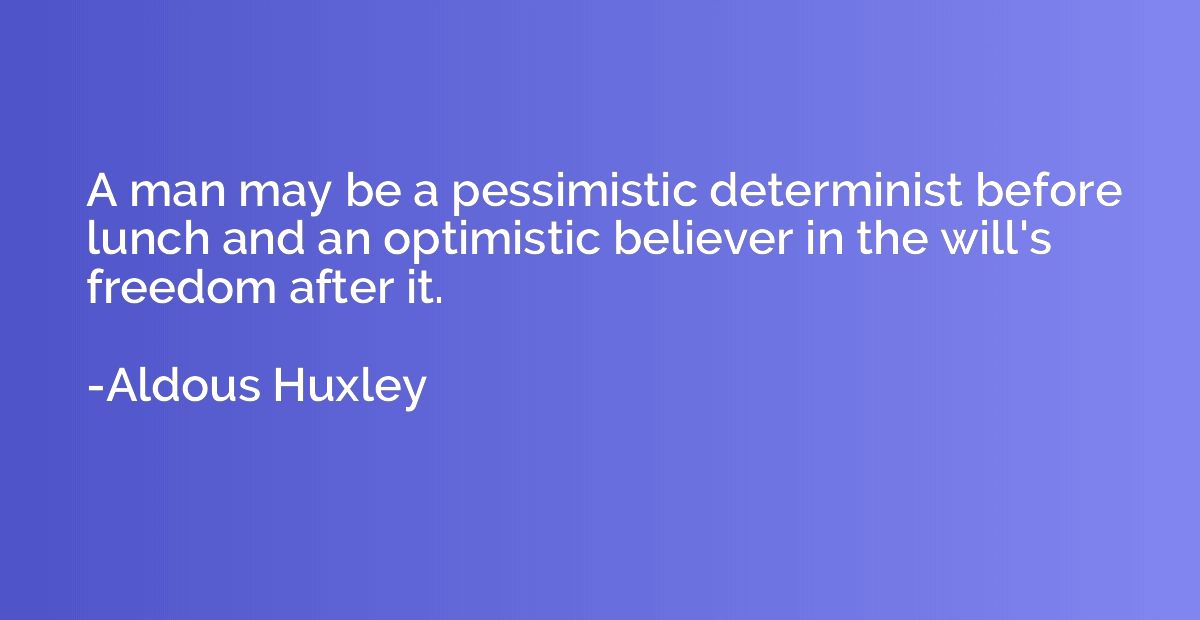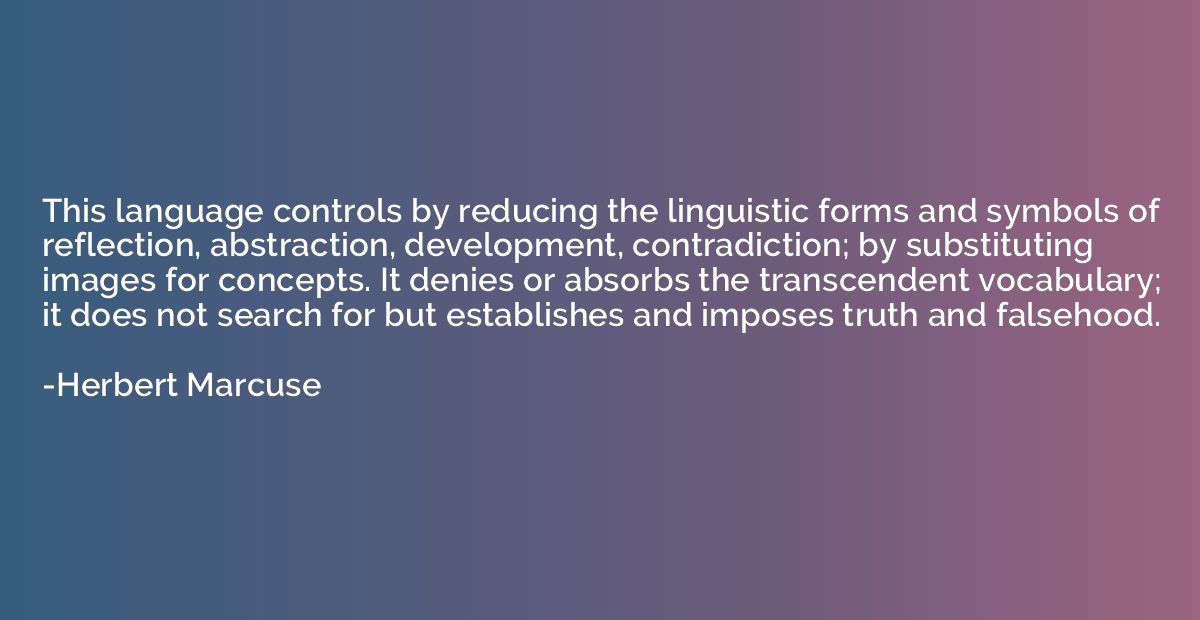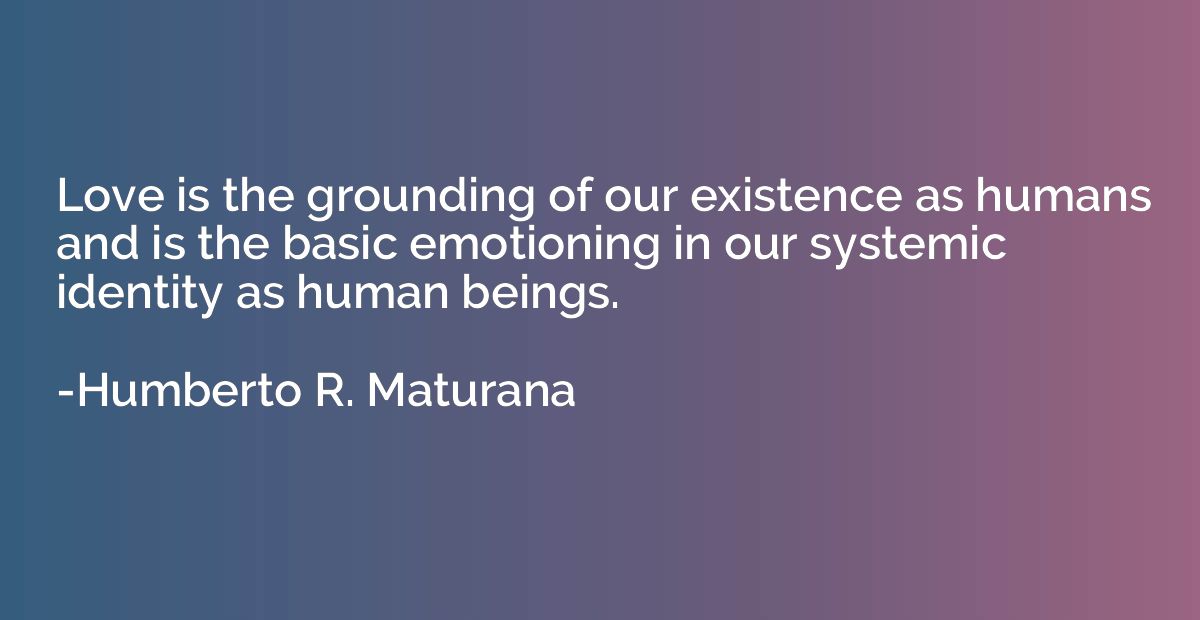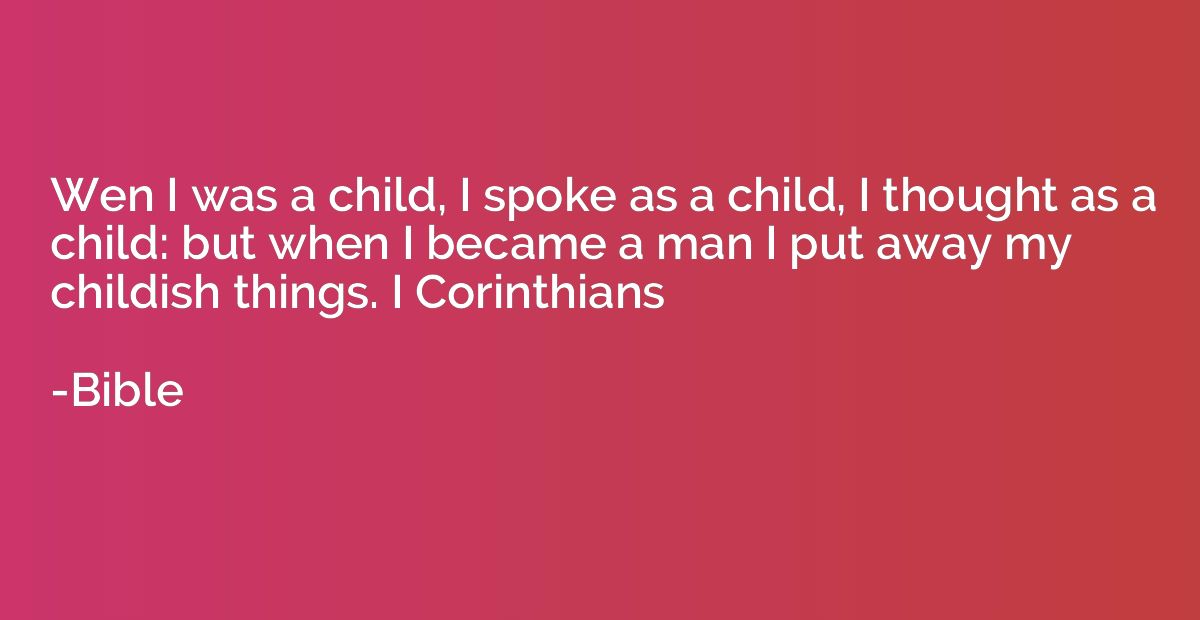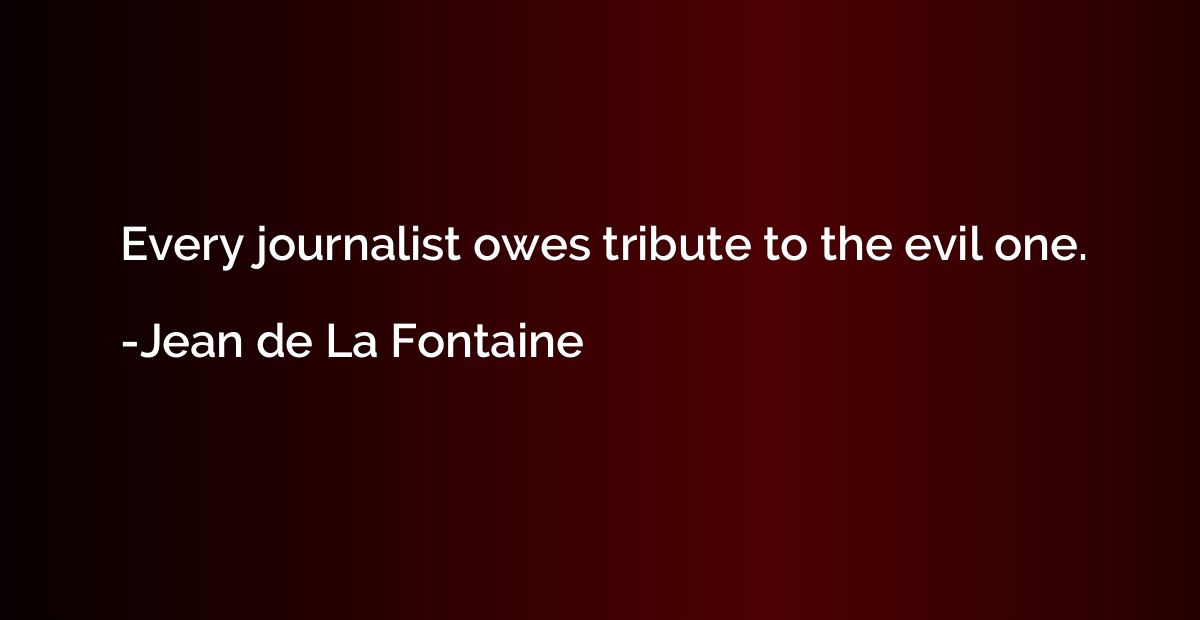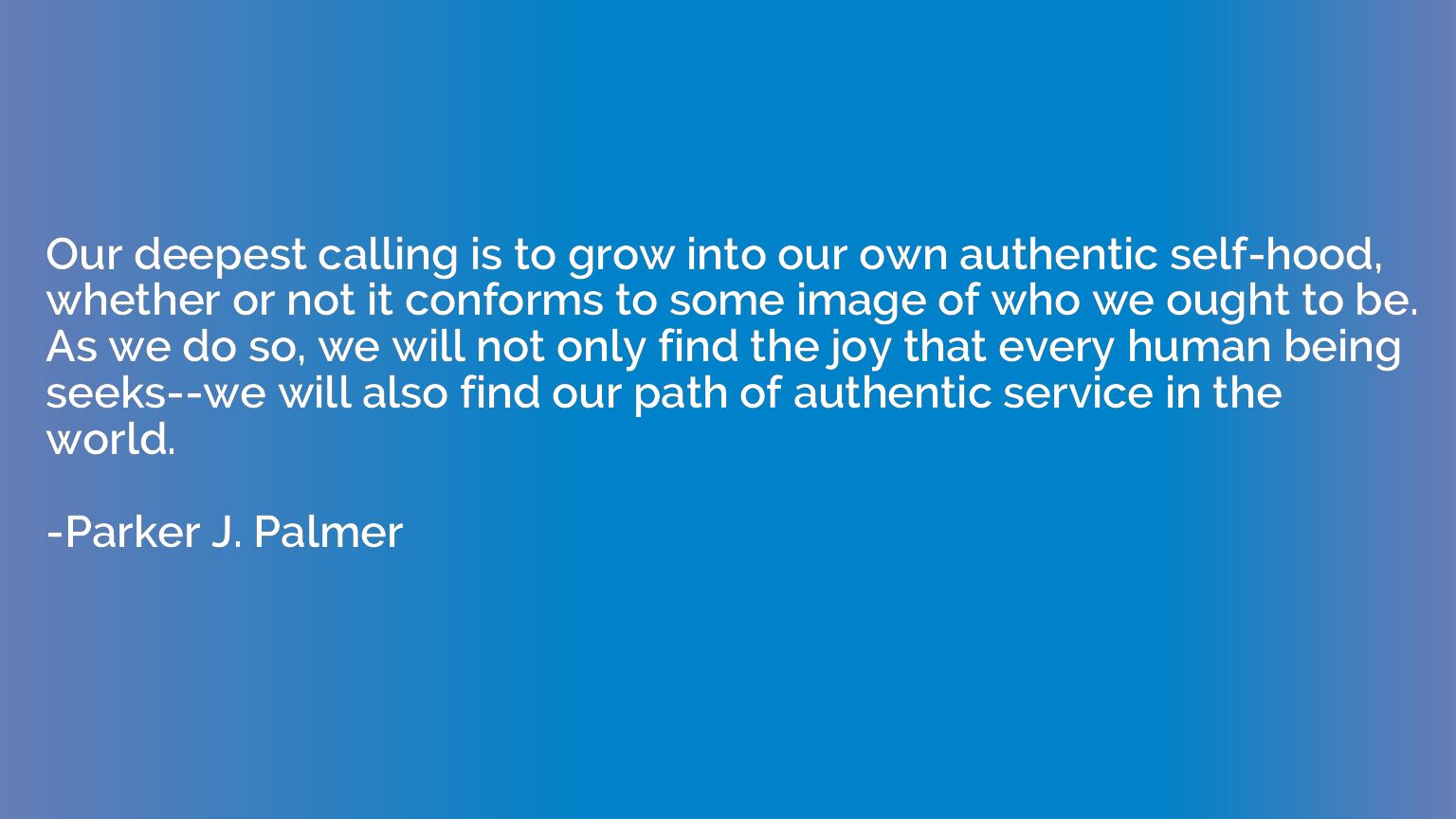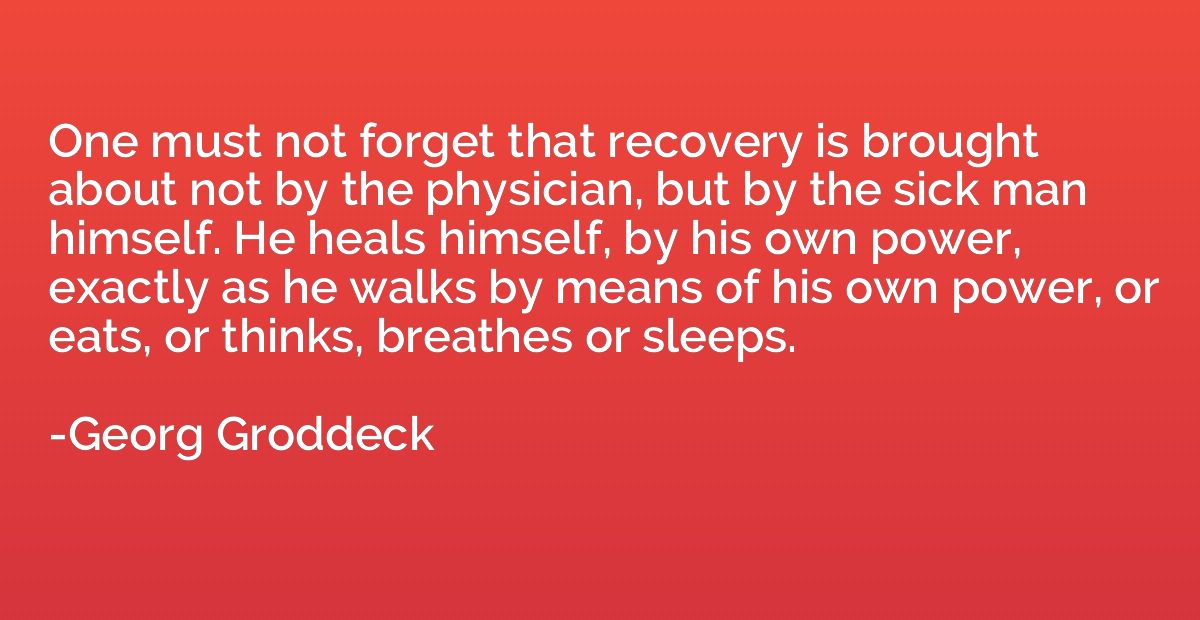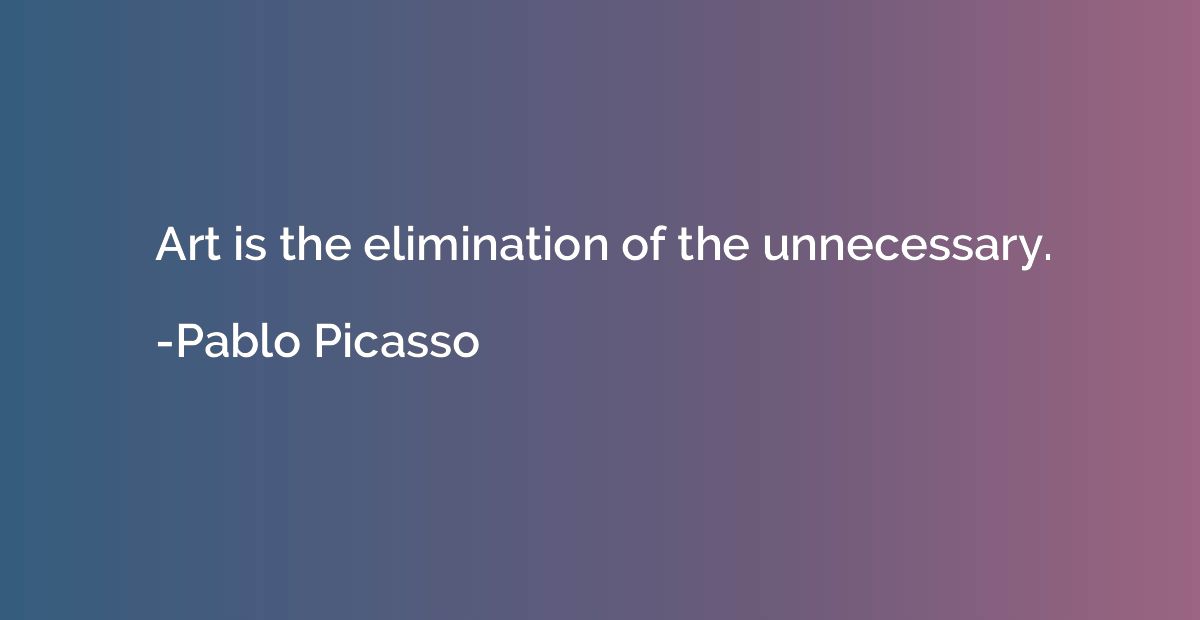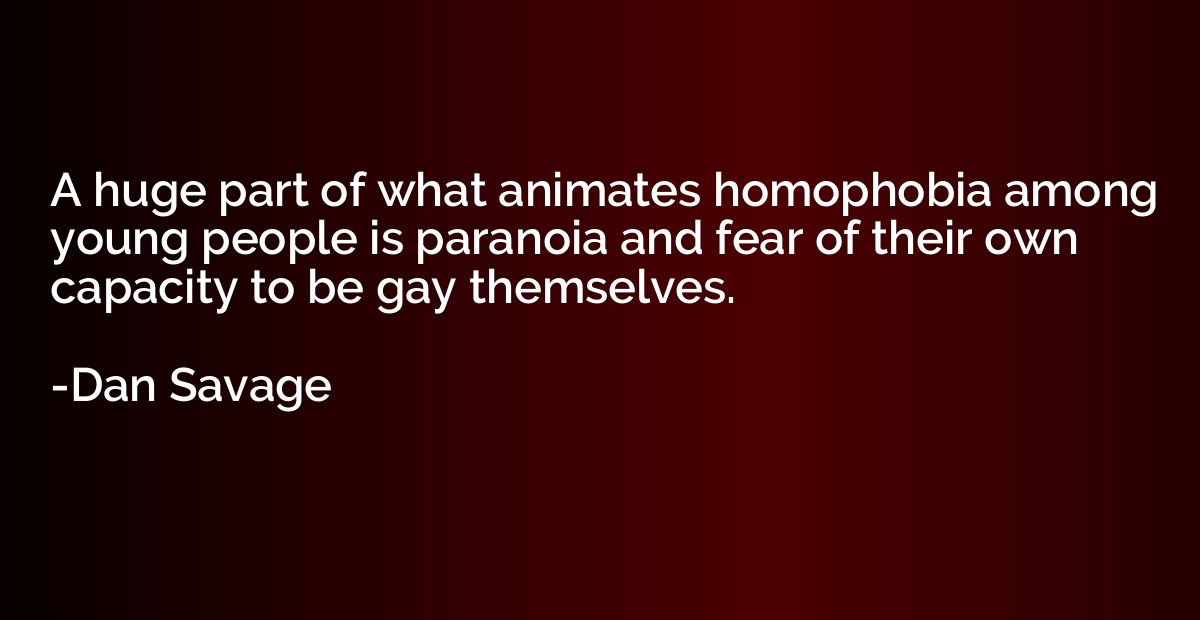Quote by Chinua Achebe
Nigeria has had a complicated colonial history. My work has examined that part of our story extensively.
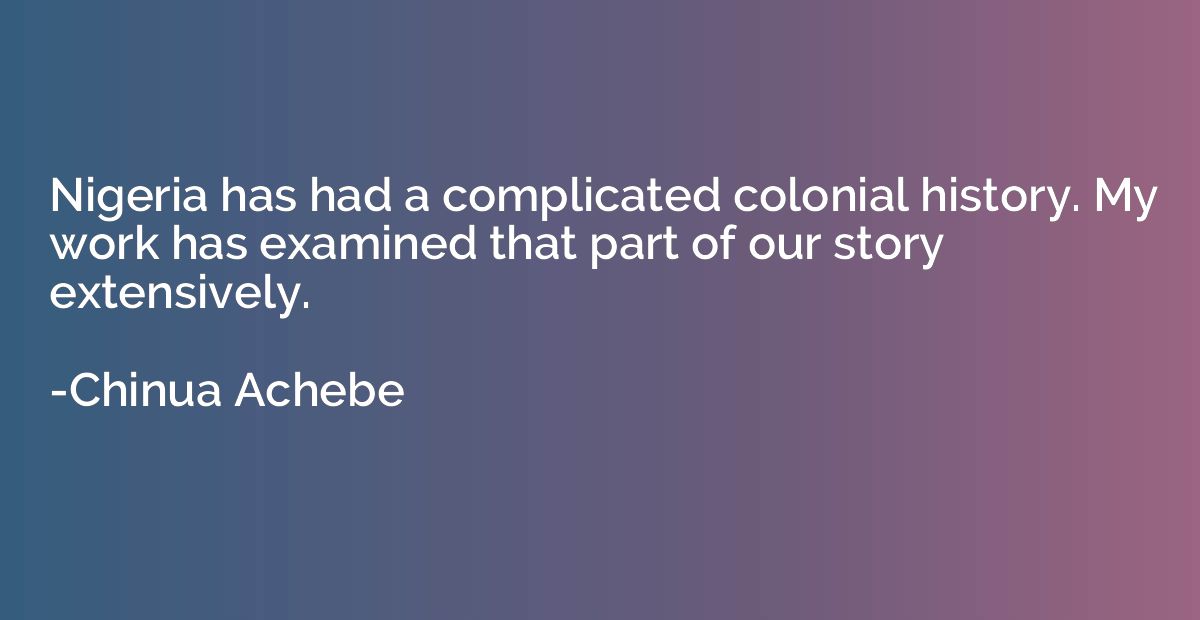
Summary
This quote suggests that the speaker has conducted thorough research and analysis of Nigeria's colonial past. It implies that Nigeria's colonial history was intricate and multifaceted, possibly including various complexities, conflicts, and consequences. The speaker's work has evidently focused on deepening the understanding of this specific aspect of Nigeria's history, aiming to shed light on the impacts and dynamics of colonization on the country.



